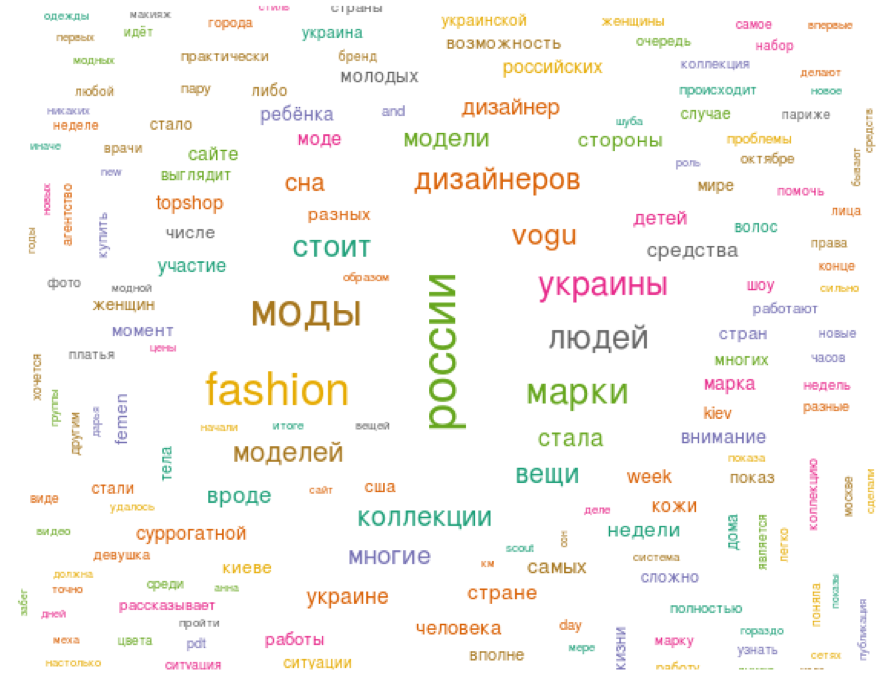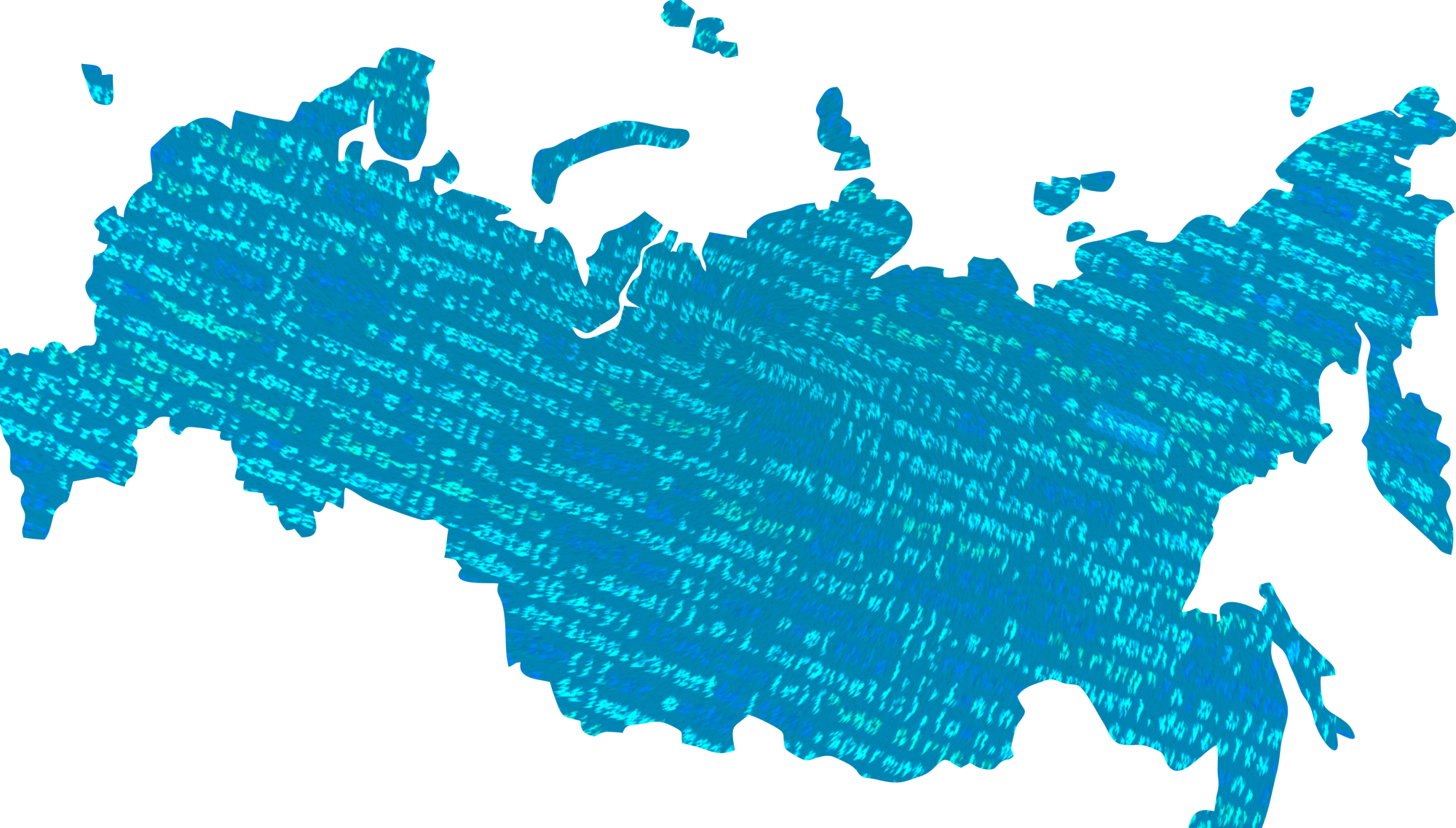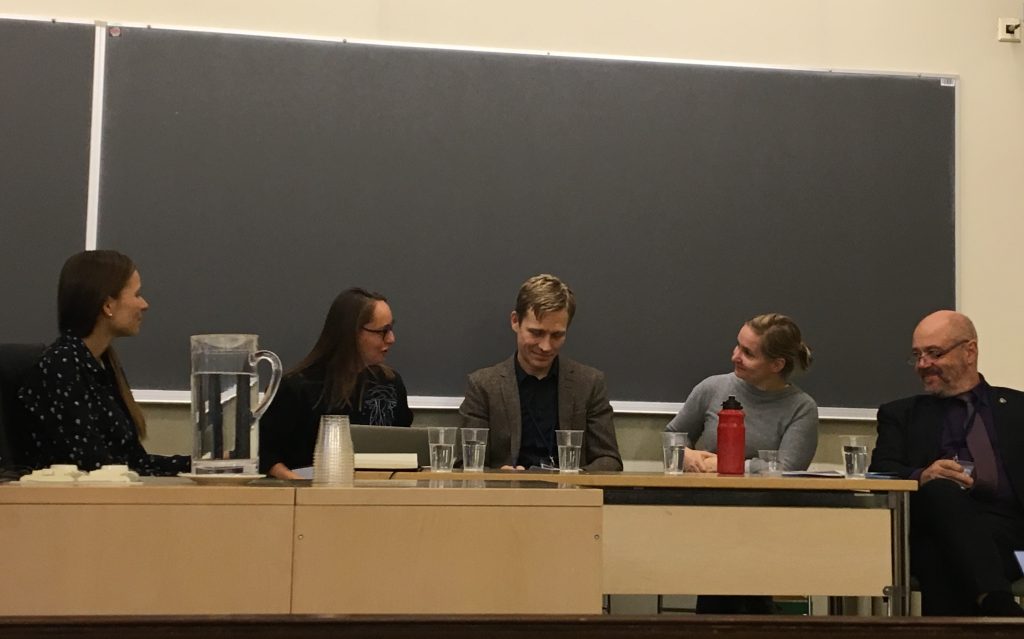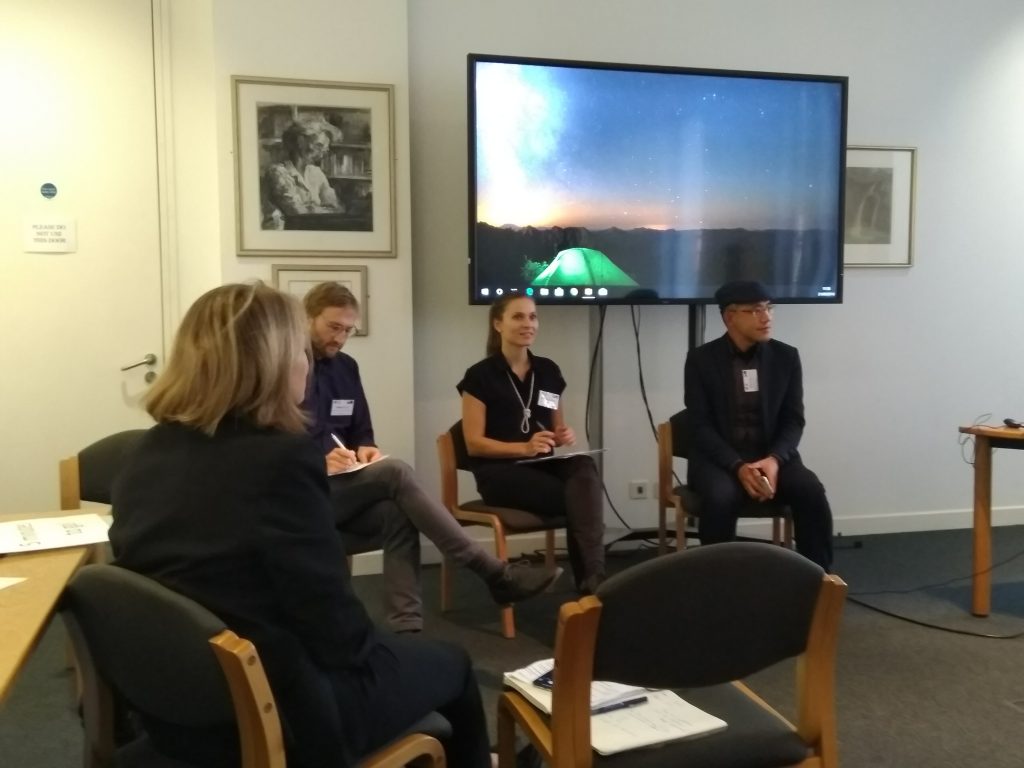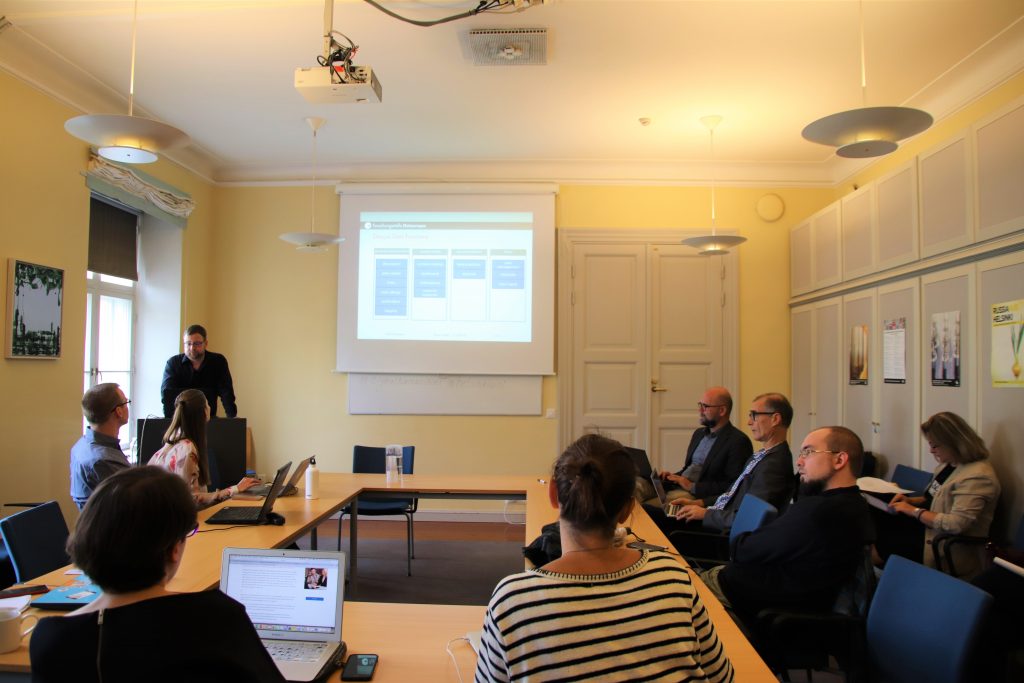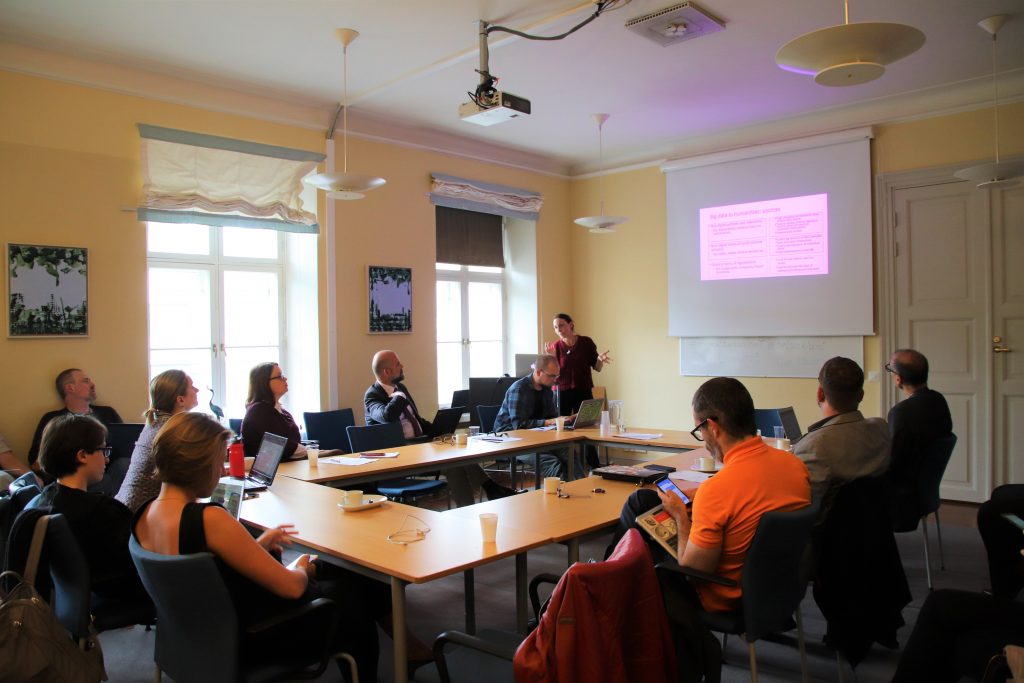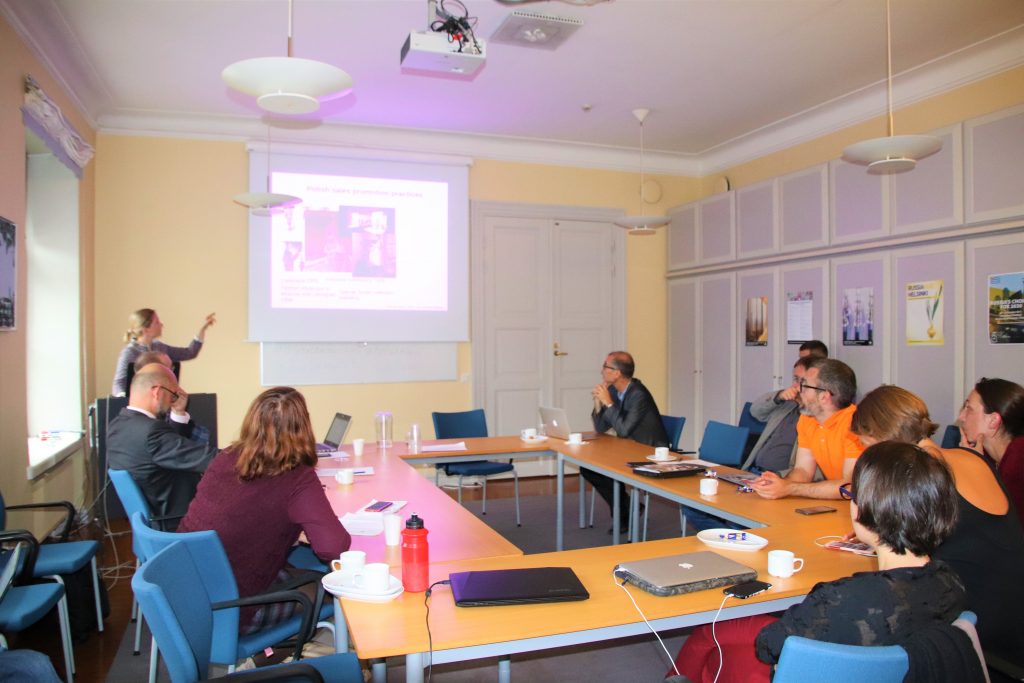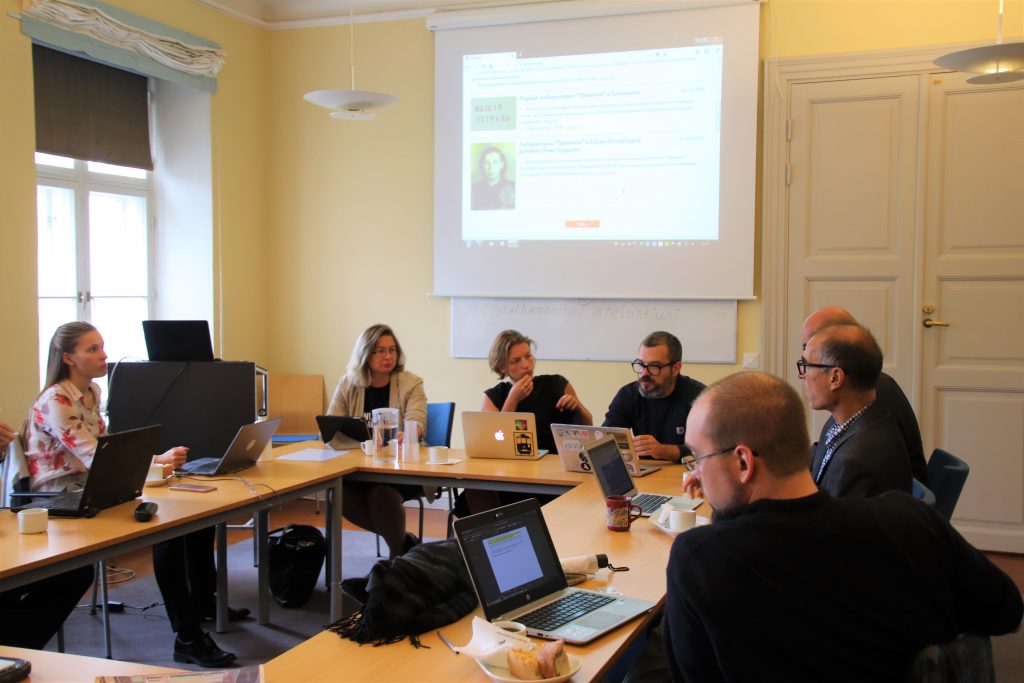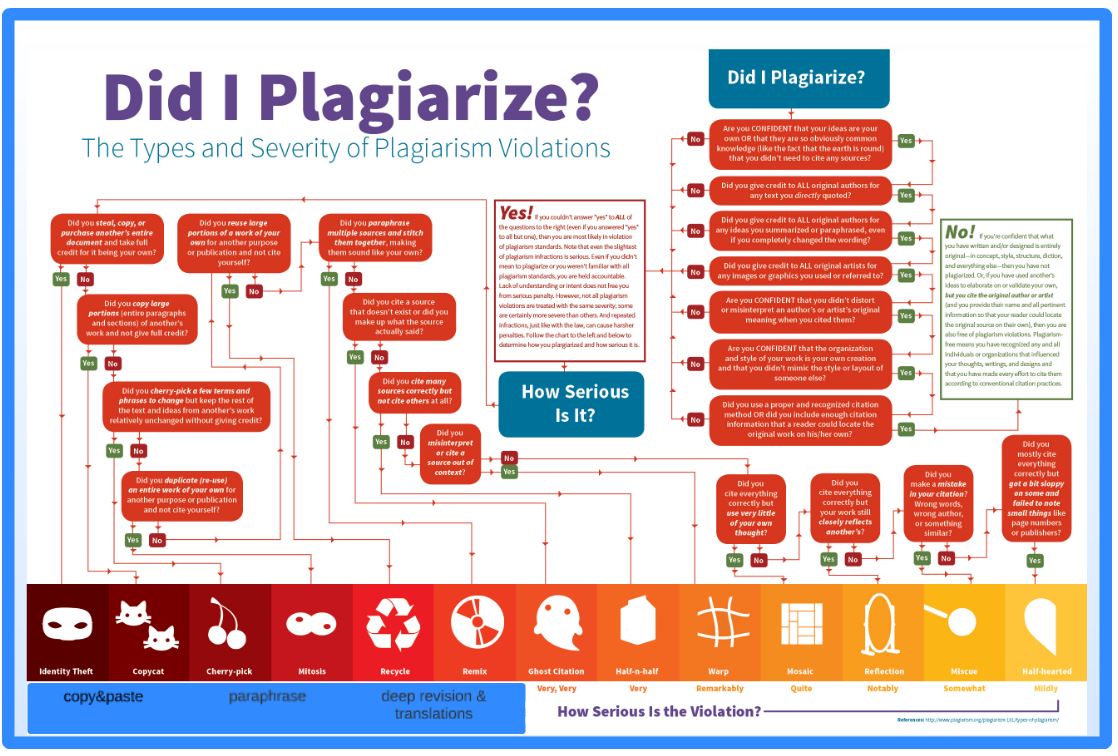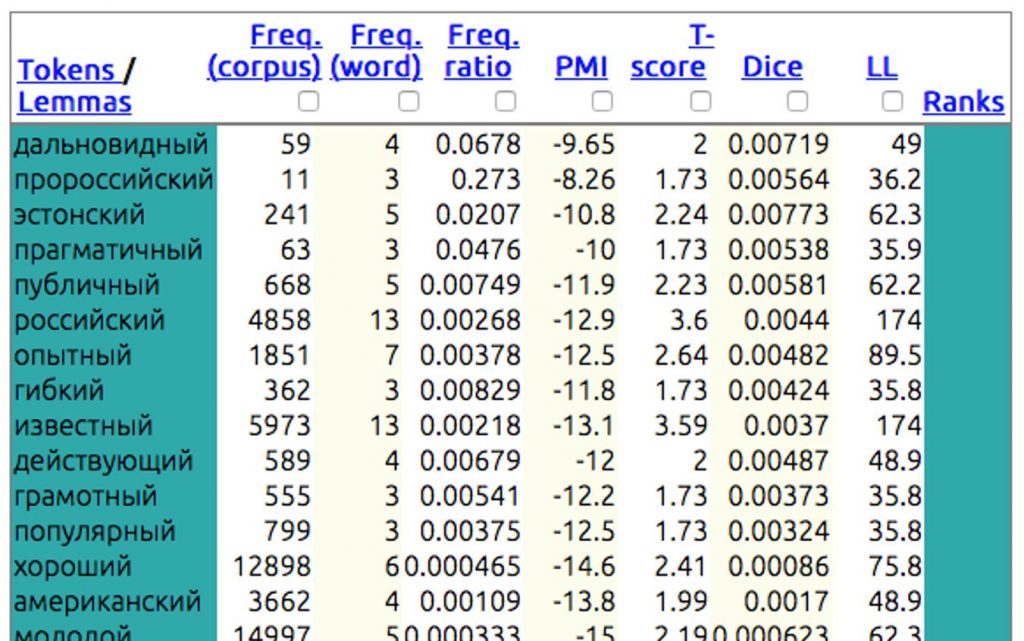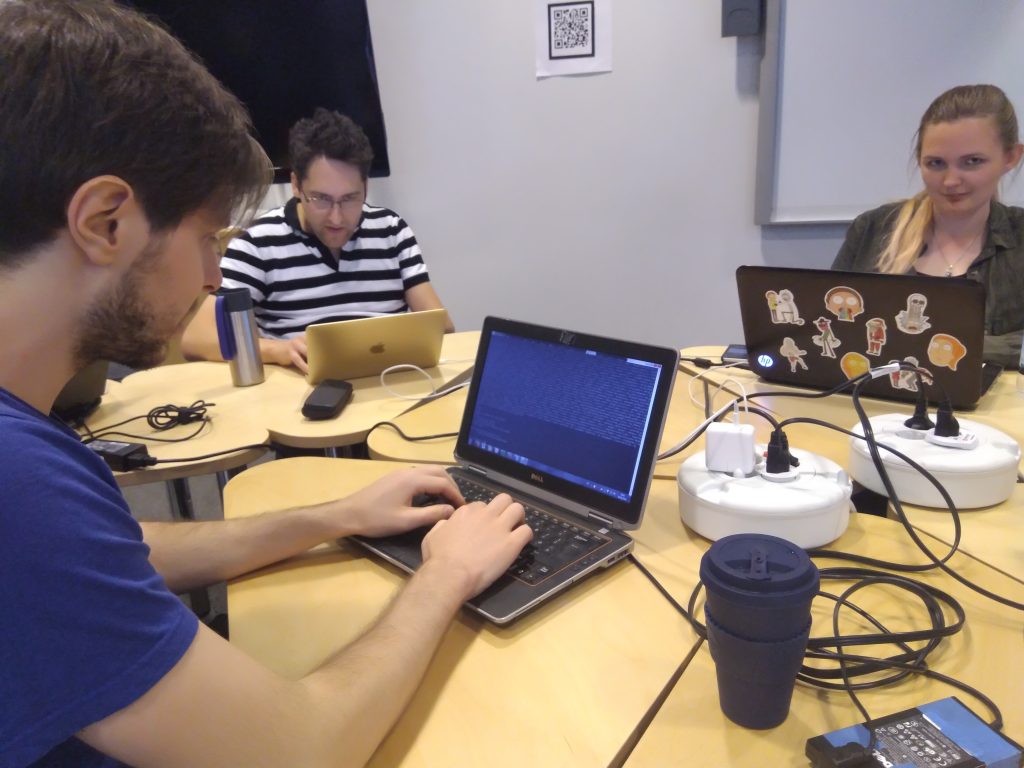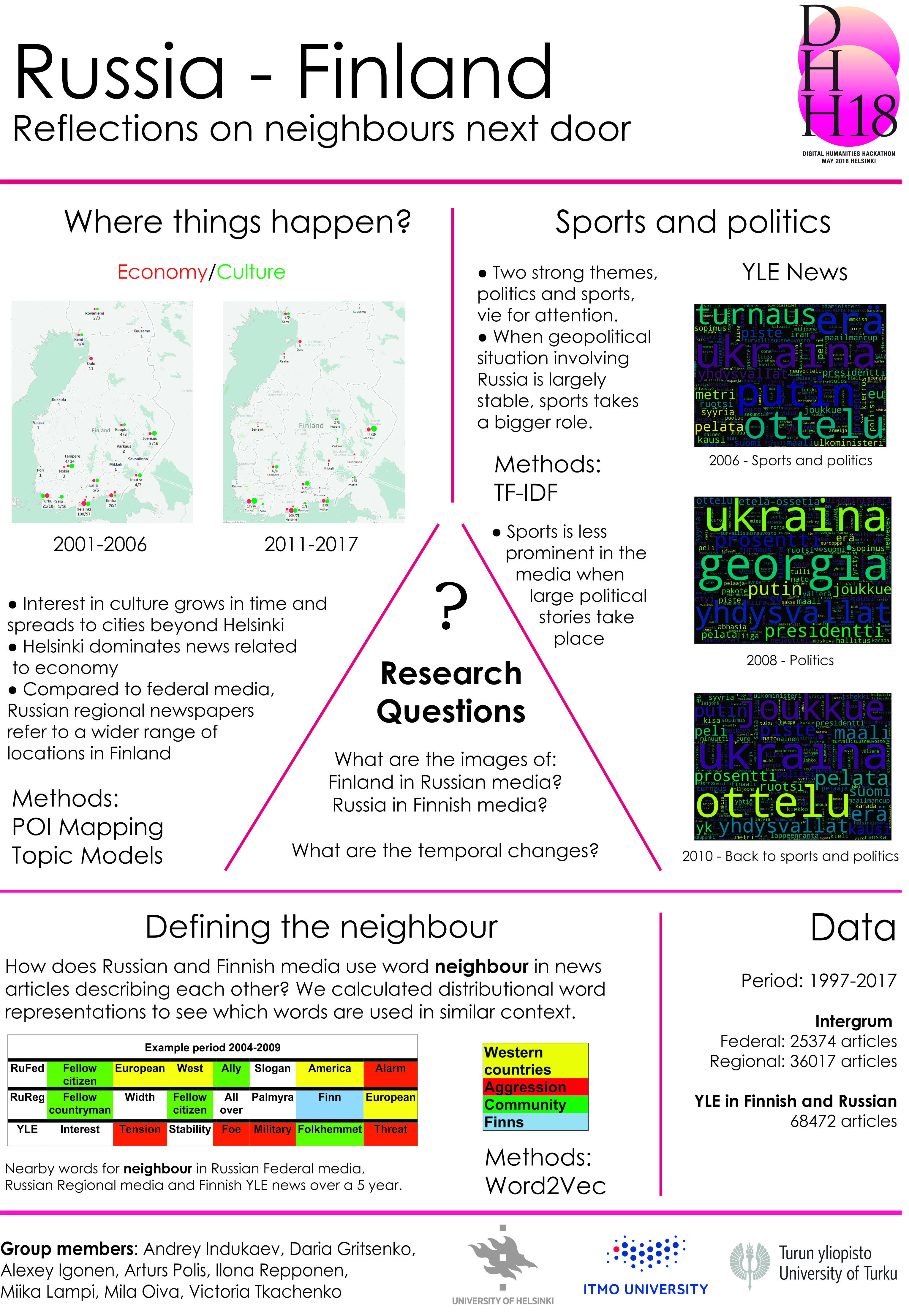On November 2d, the Digital Russia Studies autumn seminars continued with presentations on the use of machine learning and discourse analysis as a part of mixed methodology. How to conduct qualitative research in the digital era? Which digital tools are available for assisting discourse analysis? Why should we care about machine learning if our goal is ‘close reading’? Our guest MPhil Kristian Lundby Gjerde, a research fellow from the Norwegian Institute of International Affairs, gave a talk on a text analysis app he had created. His aim was to maintain the close reading aspect and apply digital tools at the same time. In our seminar, he presented an app prototype with collection of 10k free license documents from kremlin.ru. The app has a regular expression search engine and calendar view. It automatically adds new published documents to the collection. In addition, it is also possible to integrate PDF files with OCR and merge different text sources. We had a chance to test the app by using an example of Russian memory politics discourse that Kristian has studied. While the app is under development, we cannot wait to see it in the published open-source version!
Another presenter was BA Julia Nikolaenko, our trainee from HSE (Moscow), who is now doing her Master’s thesis on the Ukraine’s political images in the Russian media space. In her research, Julia aims at studying how discourses around the Ukrainian conflict differ between news and lifestyle media using computational text mining methods, such as topic modelling and sentiment analysis. In our seminar, she presented some preliminary results of her on-going research focusing on the lifestyle media Wonderzine, publishing within a feminist framework including fashion and beauty. She found out that articles mentioning Ukraine that were published in this media had positive tone in all topics. A wordcloud that was built on word frequencies is mainly about fashion, but human rights and social issues are also visible in the texts. The preliminary analysis suggests that Wonderzine’s framing and conceptual frameworks are not particularly affected by the interstate conflict. The seminar participants discussed the definitions of ideology and choice of media. Julia received fruitful comments and will continue her study based on them.
